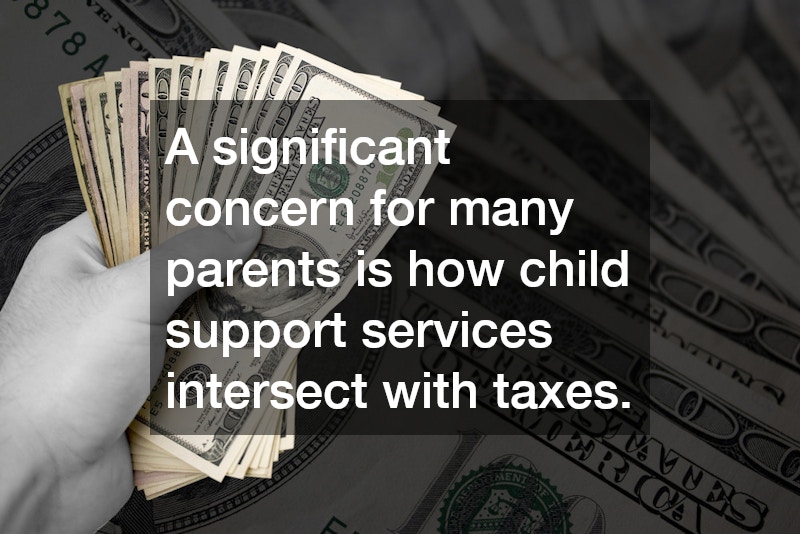
In navigating the complex terrain of child custody and financial responsibilities, understanding child support services becomes crucial for any parent facing a divorce or separation. This article aims to guide you through vital questions you should discuss with your family lawyer when dealing with child support.
By addressing these key areas, parents can safeguard their children’s well-being and secure an equitable support arrangement.
Foundational Basics of Child Support Services
Before diving into specific questions, it’s important to grasp the foundational aspects of child support services. Generally, child support refers to the financial payments made by the non-custodial parent to help cover the child’s expenses. This system ensures that the financial responsibility of raising a child is shared between both parents, regardless of their marital status. Having a solid understanding of your obligations and rights within this system will empower you in making informed decisions. Your family lawyer should provide a clear overview of how these payments are calculated based on income, custody arrangements, and state guidelines.
Families often face confusion about what child support covers, leading to misunderstandings. It’s pivotal to seek clarification from your lawyer to comprehend what expenses are typically included. For example, child support often covers essential needs such as food, clothing, and housing. However, you may also ask whether additional expenses like medical insurance or extracurricular activities are included. Discussing these points upfront prevents disputes and ensures that all necessary costs are accounted for.
Essential Questions to Discuss with Your Family Lawyer
One critical question to ask your family lawyer is how child support amounts are determined in your case. Understanding the formula used in your jurisdiction helps you anticipate your financial obligations or the support you might receive. Your lawyer can enlighten you about the factors impacting this calculation—primarily the income of both parents and the custody arrangement in place. Some jurisdictions may incorporate additional considerations like the child’s specific needs or the parents’ earning capacities. Being informed about this process is crucial for ensuring a fair and just support arrangement.
Another key question revolves around modifications to child support orders. Life circumstances, such as changes in job status or living arrangements, may necessitate a revision of the support order. Your family lawyer should be able to guide you through the conditions under which modifications can be requested. It’s also essential to discuss the process for amending an existing order and the evidence required to support your case. Keeping abreast of these details helps in adapting to life changes without legal complications.
Communication with your lawyer should extend to understanding the impact of non-compliance with child support orders. There can be severe consequences for failing to adhere to the court-ordered support amounts. Discuss with your lawyer what actions can be taken if the other party fails to comply, including legal avenues available to enforce the order. Understanding the potential repercussions for non-payment, such as wage garnishment or legal contempt, is vital. This knowledge ensures you can take decisive action to protect your financial and legal interests if necessary.
Additional Considerations for Child Support Services
A significant concern for many parents is how child support services intersect with taxes. It’s advisable to ask your family lawyer about the tax implications of paying or receiving child support. Typically, child support payments are neither deductible by the payer nor taxable income for the recipient. However, nuances exist regarding how other tax benefits, such as claiming the child as a dependent, are handled. Clarifying these aspects can assist you in planning your finances more effectively.
It’s also beneficial to inquire about the role of child support services in ensuring ongoing compliance. Services like wage garnishments directly collect support payments from the paying parent’s paycheck and distribute them to the custodial parent. Discuss with your lawyer whether such mechanisms are suitable or necessary in your situation. Understanding these systems can provide peace of mind, knowing there’s a framework in place to guarantee regular payments. Additionally, understanding how state child support services support enforcement can guide you in utilizing these resources as needed.
Addressing child support services comprehensively with your family lawyer can significantly influence the well-being of your child and the financial stability of both parents. By preparing and understanding the essential questions to discuss, you pave the way for a clearer, more secure child support arrangement. Empowered with knowledge and guided by professional advice, parents can navigate this intricate process towards a future that best serves their children’s needs.
.





